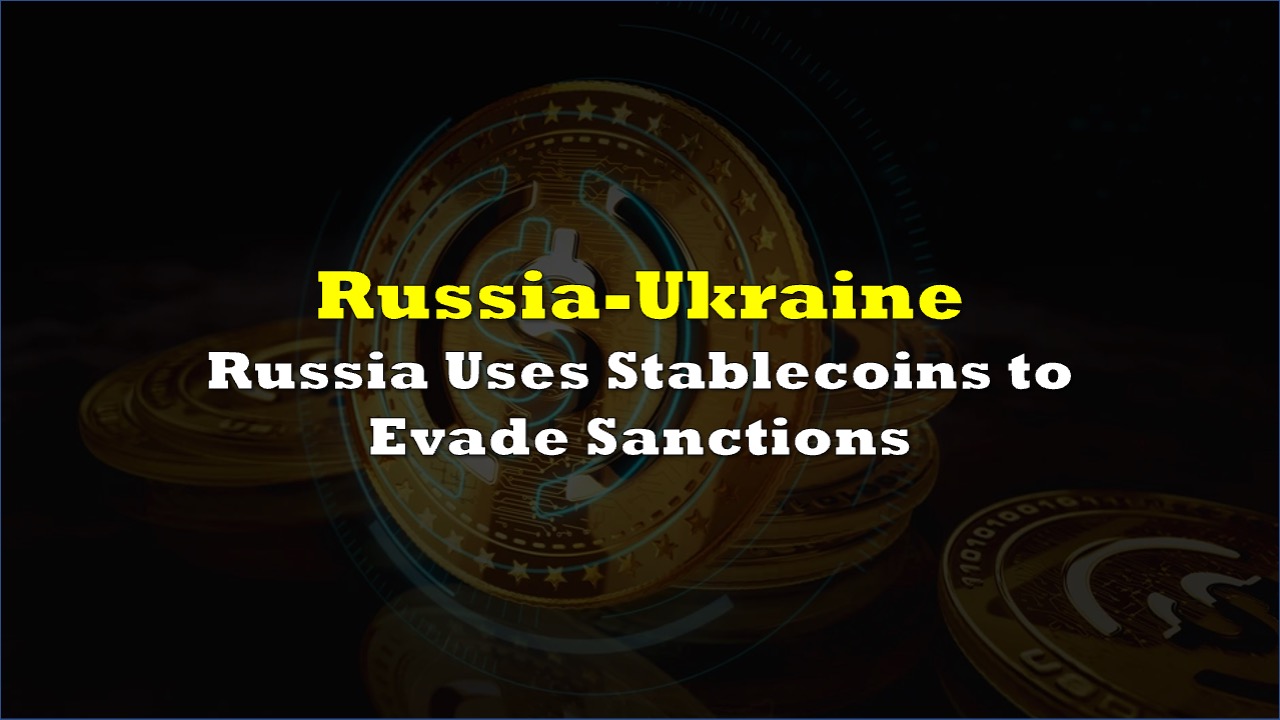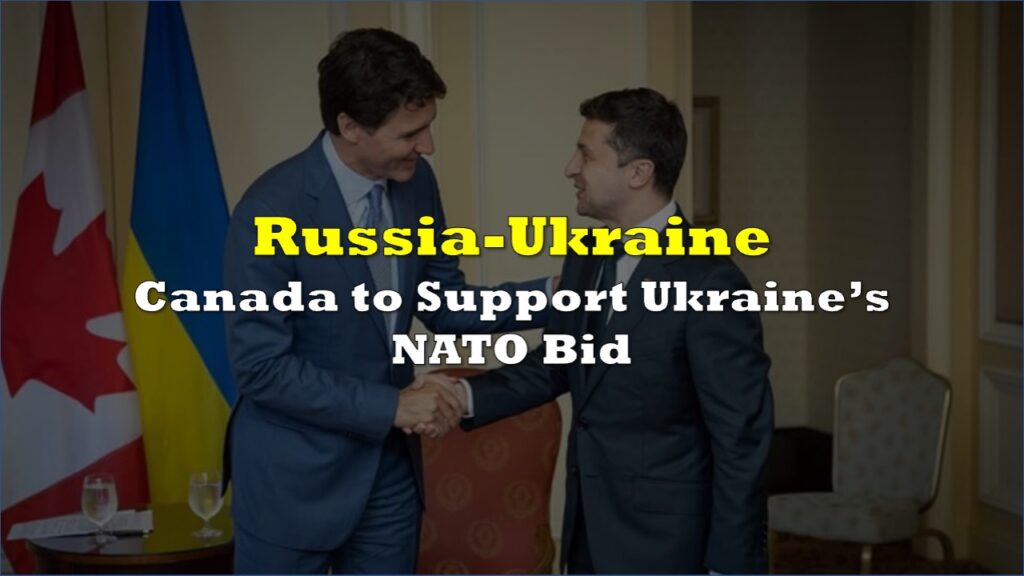Russian commodities firms have begun utilizing stablecoins, such as Tether Holdings Ltd.’s USDT, to facilitate cross-border transactions with Chinese clients and suppliers. The move comes two years after the start of the Russia-Ukraine conflict, which has led to challenges in receiving payments and purchasing equipment and raw materials, even for unsanctioned companies.
According to Bloomberg, which cited top executives at two major Russian metals producers who declined to be identified, the use of stablecoins has become a viable alternative to traditional banking channels, which have become increasingly difficult to navigate due to the threat of secondary sanctions by the US Treasury Department.
The transactions, which sometimes go through Hong Kong, offer a faster and more cost-effective solution compared to slower transactions or the risk of frozen overseas bank accounts.
Ivan Kozlov, an expert on digital currencies and co-founder at Resolv Labs, told the publication that the use of stablecoins for cross-border settlements is not uncommon in countries facing dollar liquidity issues and capital controls.
The growing role of cryptocurrencies in international settlements has also prompted a shift in the Russian central bank’s approach to the industry. While previously considering a blanket ban on cryptocurrencies, the Bank of Russia now supports experimenting with such payments for cross-border transactions.
Information for this story was found via Bloomberg, and the sources and companies mentioned. The author has no securities or affiliations related to the organizations discussed. Not a recommendation to buy or sell. Always do additional research and consult a professional before purchasing a security. The author holds no licenses.









